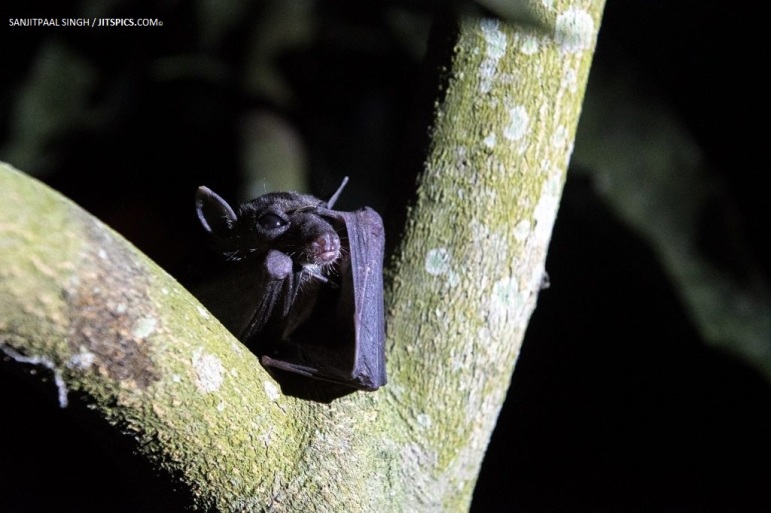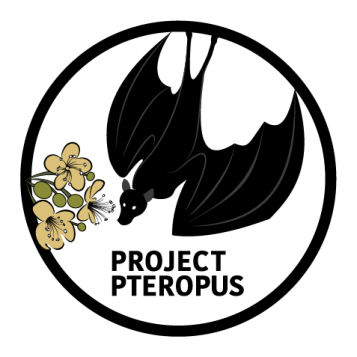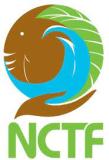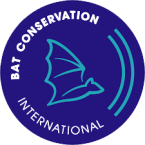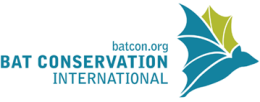2011-2022
Lead Researcher: Sheema
Collaborators/Partners: Reuben (Sunway University), Sri (Kenyir For Life), Junn Kitt/Liew (Project Limestone), Mohd. Azlan Jayasilan (UNIMAS), Giam Xingli (University of Tennessee), Sara Bumrungsri (Prince of Songkla University), PERHILITAN, Tree Climbers Malaysia, Cintai Tioman (Reef Check), Lindsay Gasik (Year of the Durian), Anak Rimba Books
DOWNLOAD AND SHARE our fruit bat outreach materials!
CONTRIBUTE your flying fox sightings. You can really help us by being a citizen scientist, because every sighting counts!
DISCOVER our pioneering work on flying fox pollination of durian!
WATCH ‘The Secret Life of Durian Trees’!
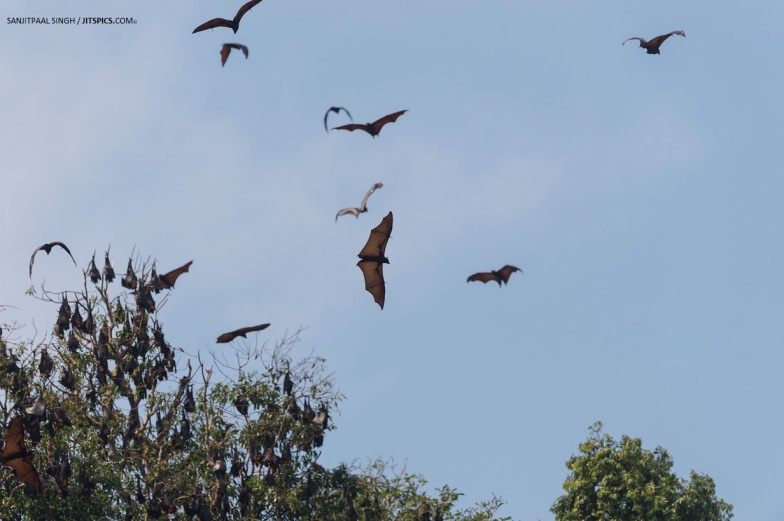
Our work on flying fox conservation started in 2011, and led to the official creation of Project Pteropus in 2013. Project Pteropus is Malaysia’s only project focused on the conservation ecology of flying foxes (Pteropus spp.) and other Old World fruit bats (Pteropodidae). Peninsular Malaysia’s two flying fox species (Pteropus hypomelanus & P. vampyrus) are locally Endangered due to hunting and habitat loss, yet still classified as low conservation priorities on the IUCN Red List. The disproportionate research/media focus on how bats are linked to zoonotic disease and public health issues, without parallel efforts to understand their important roles and benefits to humans, has created negative perceptions of these bats whilst ignoring their ecological importance and conservation needs.
This underscores the need for localised conservation action to address country-specific flying fox declines, and Project Pteropus was established specifically to address these gaps in research and conservation. Understanding fruit bat ecosystem services and conflict situations with humans is a crucial step towards developing effective conservation solutions – but while extensive research has already been conducted on the smaller pteropodids, ecological information on the flying foxes is still very much lacking in comparison.
As such, in Phase 1 of Project Pteropus (2013-2016) we developed the first, pioneering study investigating bat pollination of durian (Durio zibethinus) in Malaysia, leading to the world’s first scientific confirmation of flying foxes functioning as durian pollinators. We also investigated situations of potential conflict and coexistence between flying foxes and humans, and provided the first preliminary dietary information for Pteropus hypomelanus.
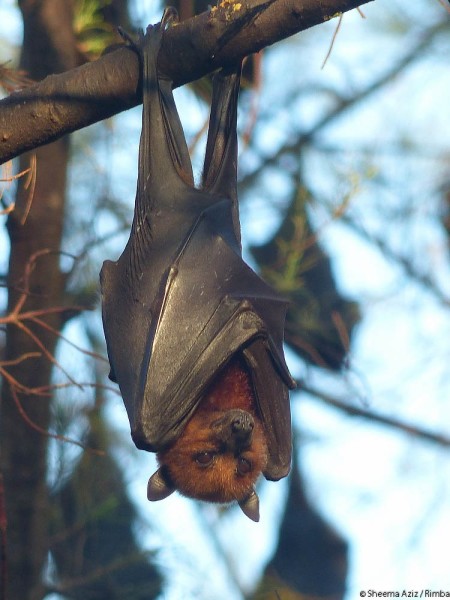
Such information on the importance of fruit bats can be a game-changer for flying fox conservation. This is why our long-term conservation approach is to investigate, understand, document, and highlight fruit bat ecosystem services such as durian pollination and island eco-tourism. We also seek to understand and address conflict between fruit bats and humans, and as such our project implements a two-pronged strategy to promote conservation of fruit bats and their habitats. Flying foxes serve as our flagship and umbrella species – an approach that helps benefit other fruit bats as well.
